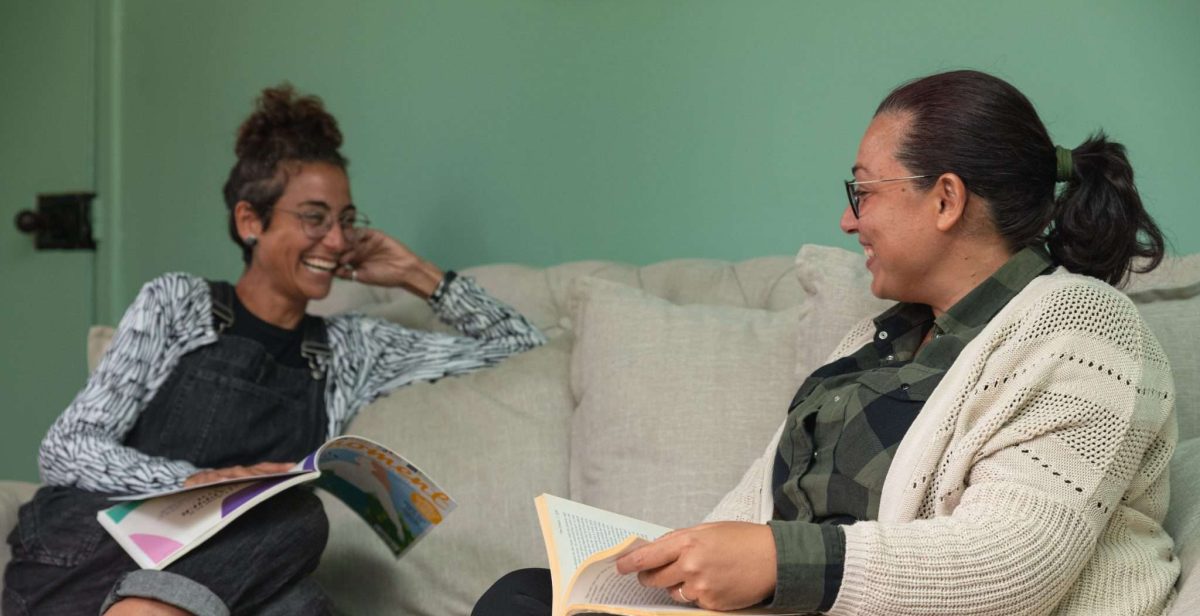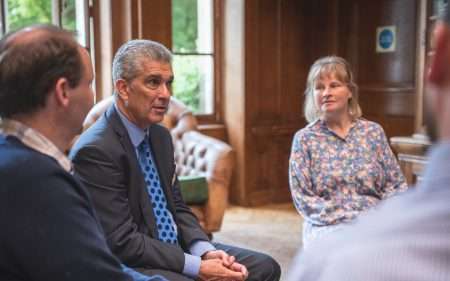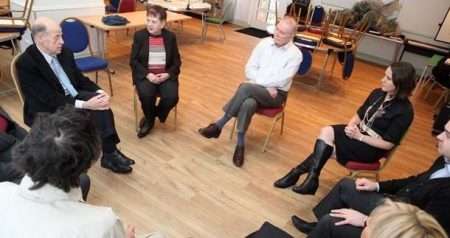Addiction is an illness that can affect any member of the family, and many of the women suffering from addiction are mothers. This often means that they find it extremely difficult to seek recovery for fear of being judged or having their children removed from their care.
Being a mother, balancing family life, and addiction recovery can be a challenging process, however, with the right treatment and support, recovery is possible.
Motherhood and Recovery: Letting Go of Guilt, Shame and Resentment
Understanding addiction as an illness is crucial in absolving yourself of guilt and becoming entirely focused on the necessary steps to recovery. It is essential to let go of the guilt and negative self-talk. In the same manner that a person who has a broken bone – should not blame themselves and seek the recommended treatment, those with an addiction should also focus more of their energy on recovery than on negative emotions like shame and resentment.
Recovering from addiction can be challenging in itself without the added pressure of being a mother. However, it is crucial to keep in mind that taking time for yourself to recover is going to be beneficial for your children in the long run. In the same manner that a person with a broken bone – does not simply leave A&E and hobble home in pain.
They have a professional team assess them, investigate them appropriately, and get the proper treatment – like having a cast and appropriate follow-up. Similarly, with addiction, it is vital to have a professional assessment and a tailor-made treatment plan. The longer you ‘hobble’ along before focusing on recovery, the longer the journey becomes.
Balancing motherhood and rehab can be difficult. It is important to consider childcare while you are away. Family and support from friends can also be an important crutch as you work on recovery. Sobriety allows you to focus more on motherhood and gives you the best opportunity to become a better parent.

Download Our Brochure
Practising Self-Care in Recovery
Self-love doesn‘t apply to everyone in the same way. It is essential to find the time to get to know yourself better and identify the self-care acts that nourish you physically, mentally and emotionally.
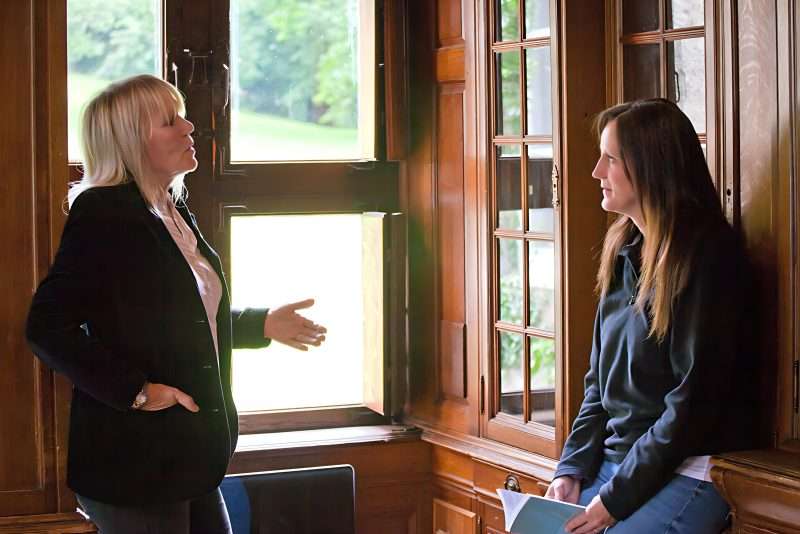
Body
There are different aspects of yourself to consider when it comes to self-love, and your body is one of them. There is strong scientific evidence suggesting the importance of regular exercise for a healthier body and mind. You should focus on bringing activity and movement to your day-to-day life – walking more, taking the stairs instead of the lift, and using your feet instead of the acceleration pedal. The NHS recommends 150 minutes of physical activity over a week.
Another great way to help in your recovery is to consider what you’re eating. Our diet today is full of processed food, sugars and higher levels of saturated fats. Making a change means not only getting active but also being mindful of the food we put into our bodies.
The NHS Eatwell Guide has a good balance of what our bodies need and helps you stay healthy. Sugary snacks and greasy food could negatively affect your energy and mood, focusing on eating a balanced diet will help you to get the energy required to work in your steps to recovery and practice self-care.
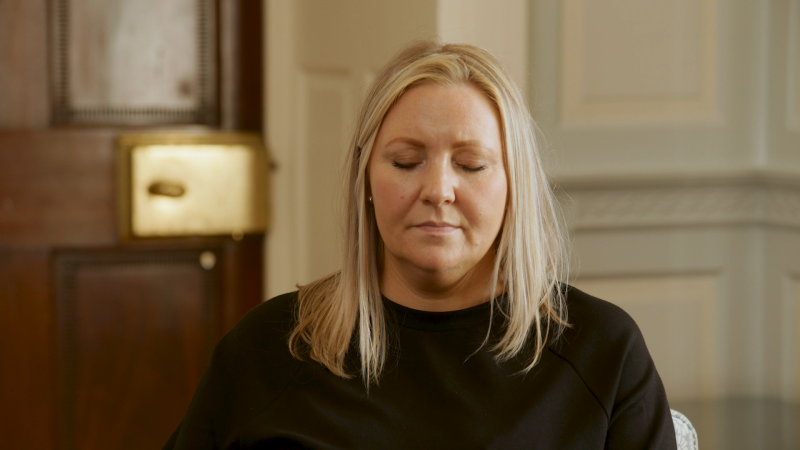
Mind
Over the last decade, strong evidence has emerged regarding the benefits of regular mindfulness. Mindfulness has been shown to help reprogram your brain and is associated with improved mental health outcomes.
Start your mornings with a few minutes of quiet meditation, and focus on your breathing. Find a quiet spot and sit comfortably, bringing all your attention to your chest movements and breathing. Aim to become more present and mindful of what your body is doing, even in simple daily tasks. For example, if you are doing the washing up – be aware of the plate in your hand and the texture of the sponge. Be aware of the warm water running. These simple exercises help ground us and allow our minds to rest from rumination and anxiety.
Along with meditation and mindfulness, it is also important to practice gratefulness. Journaling three things you are grateful for can be done before you sleep. These simple daily routines can help you stay present and engaged. It can also help improve your psychological well-being, which can be vital in helping you develop healthier coping strategies.
Developing Open Communication
A mother’s recovery journey does not need to be done alone. It is important to communicate honestly about your addiction with family members and children – in a way that is appropriate for their age level. Open and honest communication can help alleviate any fears or concerns they might have.
Family can also be a strong supportive factor and an important part of your support network following rehab. If it is appropriate, and you want to involve your children, then our family programme provides support and education to patients’ families.
It helps them understand the nature of addiction, how to support their loved one in recovery, and how to take care of their mental health. With professional therapists who can help re-establish communication in damaged relationships in a safe and nurturing environment.
Crafting a Social Support Network
You can get so much of your strength and energy from daily interactions. But it can also be a double-edged sword if you surround yourself with the wrong people.
As a mother in recovery, it is important to identify what some of your relapse triggers may be. Sometimes, this can be communication or time with friends who still misuse substances. While it may be difficult, this sometimes means making difficult choices about friends you can spend time with.
Building connections with other mums in recovery is essential for creating a solid support system. This allows you to cultivate a social support network around you after rehab that prioritises each other’s recovery and sobriety. Most rehab programmes will have aftercare activities and groups to attend. You can meet other sober parents who share similar interests and hobbies.
The Proactive Road Ahead
Recovery from addiction is a lifelong journey, and so is motherhood. Both paths can have their ups and downs. Often, societal expectations place an unfair burden on the shoulders of mothers with addictions and unfairly paint them as ‘selfish’ or ‘negligent’.
Rehab allows you to focus on your path to recovery – so that you can become a better parent. The initial psychological steps involve forgiving yourself and practising self-compassion. Only once we can move on from the past are we free to do anything for the future.
The next important step is crafting a daily routine that nourishes your body and mind. Researched-backed methods like meditation, mindfulness, and gratefulness can help re-wire your brain’s neural pathways. Rehab can be a perfect time to step back and start new health habits that replace older unhealthy habits.
The journey after rehab can also seem daunting at times, but it is crucial to be proactive and aware of your relapse triggers. Work to proactively set boundaries with families and friends where your sobriety is the ultimate priority. To help with the unknown and prepare you for life after rehab, Castle Craig provides comprehensive aftercare support to help patients maintain their sobriety after leaving our facility. This includes follow-up appointments, support groups, and access to resources for continued recovery.
Accessing Our Services
If you or a loved one is struggling with substance misuse or behavioural addiction, Castle Craig is here to help. Feel free to reach out to us via our website, phone, or email. Our Help Centre can answer any questions, guide you through the admissions process, and help you take the first step towards recovery.
Take that courageous step towards a healthier, happier life with your children. Contact Castle Craig today to begin your journey to recovery. Our compassionate team is here to support you every step of the way, providing expert care in a safe and nurturing environment. Remember, recovery is possible, and it begins when you reach out for help.
